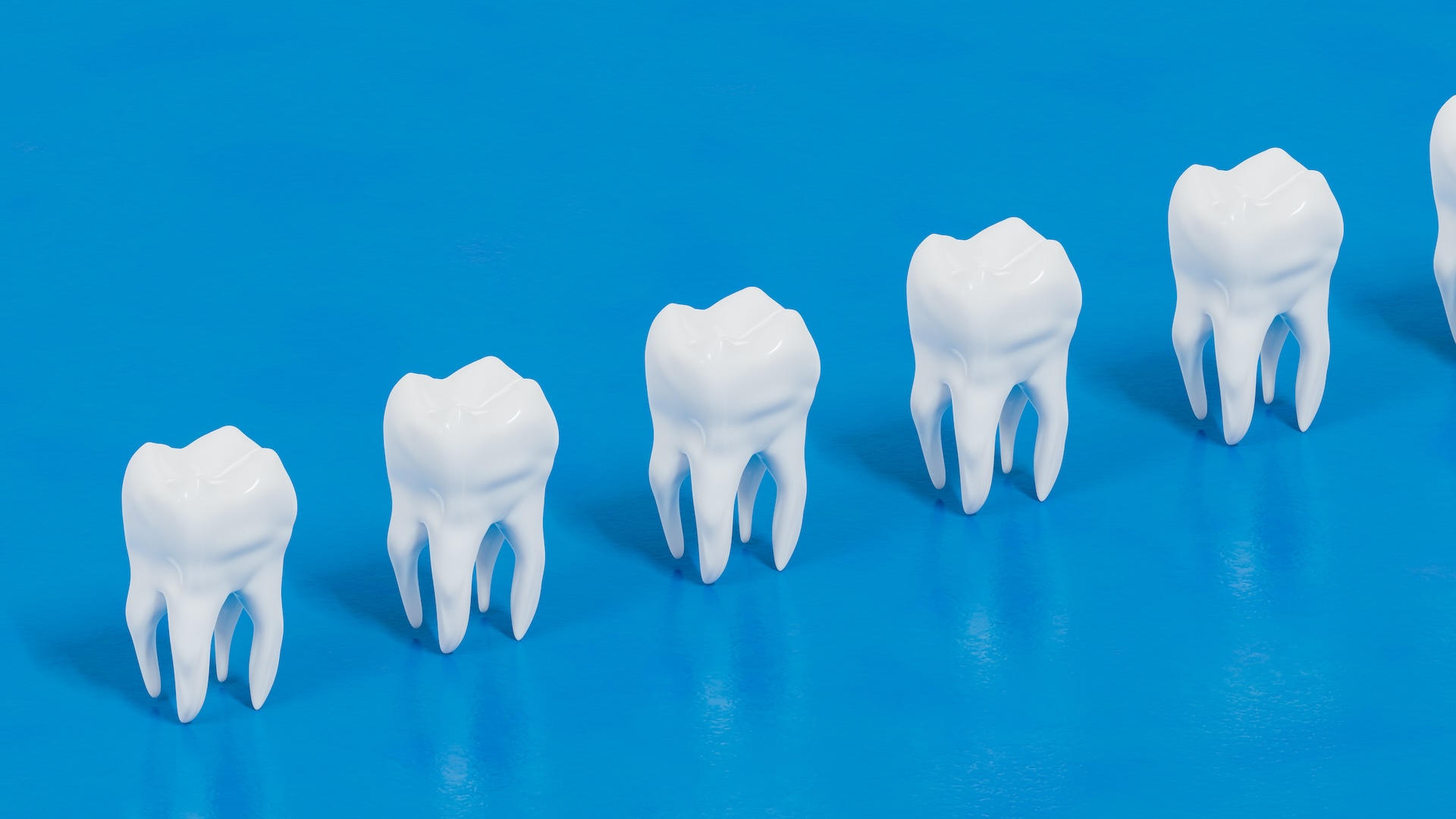How Stress Makes Us Lose Sight of Our Goals

People who are stressed out are more likely to lapse back into easy habits rather than to work toward their goals, and now researchers say they may know why.
Healthy study participants who took stress hormone pills were more likely to keep performing the same task, which earned them chocolate as a reward, even after they'd had their fill, whereas people given a placebo changed their course and worked harder to earn a different treat.
Brain images of the "stressed out" participants suggested that the interaction of two stress hormones — cortisol and adrenaline — lowered the activity of brain regions involved in goal-directed behavior. The hormones didn't affect brain regions involved in habitual behaviors.
"This impairment of the goal-directed system produces habit behavior," and is likely to hamper people's abilities to make changes in their behavior, the researchers wrote in their study published July 25 in the Journal of Neuroscience.
Stress, chocolate milk and orange juice
The study involved 69 healthy, normal-weight university students. Researchers screened the students to make sure they liked orange juice and chocolate milk, which were used as rewards in the study. Participants were divided into four groups: one group took hydrocortisone pills, which raise cortisol levels; another group took a drug called yohimbine, which raises the body's adrenaline levels; a third group took both drugs; and a fourth was given a placebo.
To test the hormones' effects, participants were given a computer task that involved selecting certain symbols, and were rewarded for completing it by being allowed to eat as much of one treat — either oranges or chocolate pudding — as they wanted.
Sign up for the Live Science daily newsletter now
Get the world’s most fascinating discoveries delivered straight to your inbox.
This at-will consumption "weakens the value of the reward," said study researcher Lars Schwabe, a cognitive psychology researcher at Ruhr-University Bochum in Germany. For example, people who eat as much chocolate pudding as they want lose their attraction to cocoa, he said. The same happens to those who eat a lot of oranges — they lose their appetite for orange juice.
Participants were then given a new computer task, in which they could keep up their old habit — selecting the same symbols as in the first task, and earn a very similar treat (chocolate milk or orange juice) — or they could select different symbols, which was a harder task, and earn a new treat.
Results showed that participants who received the placebo were satisfied with one treat, and worked toward earning the other. Additionally, those treated with one hormone but not the other showed this goal-directed behavior.
But for those treated with both stress hormones, satiation had no effect. Participants who had eaten chocolate pudding, for example, opted for the easier task of continuing to select the same symbols, and earning themselves chocolate milk.
MRIs of these participants' brains showed reduced activity in two regions, called the orbitofrontal cortex and the medial prefrontal cortex, linked with goal-directed behaviors. In contrast, brain regions important in habitual learning were similarly active in all participants.
Stress and addiction
The results may explain not only why many people return to unhealthy habits when they are stressed, but also one reason why people with addictions tend to relapse.
"It is well known that stress is a major risk factor for addiction, particularly for relapse to addictive behavior," the researchers wrote.
The finding that two hormones are involved in reducing brain activity needed for goal-directed behavior has implications for how people with addiction disorders may be treated, they said.
Pass it on: Stress makes it easier to fall back into old habits because it reduces the brain's ability to work toward goals.
This story was provided by MyHealthNewsDaily, a sister site to LiveScience. Follow MyHealthNewsDaily on Twitter @MyHealth_MHND. We're also on Facebook & Google+.










